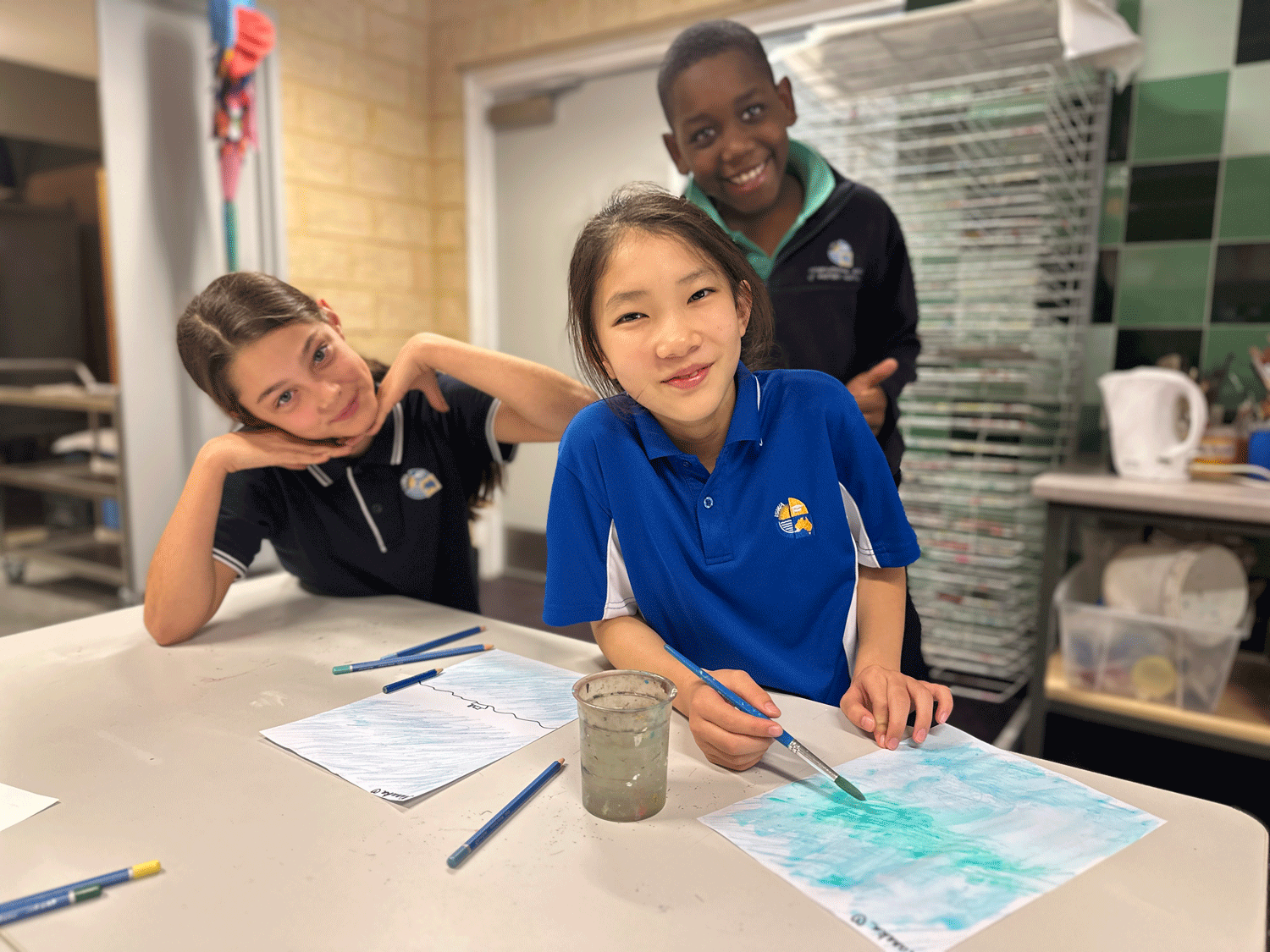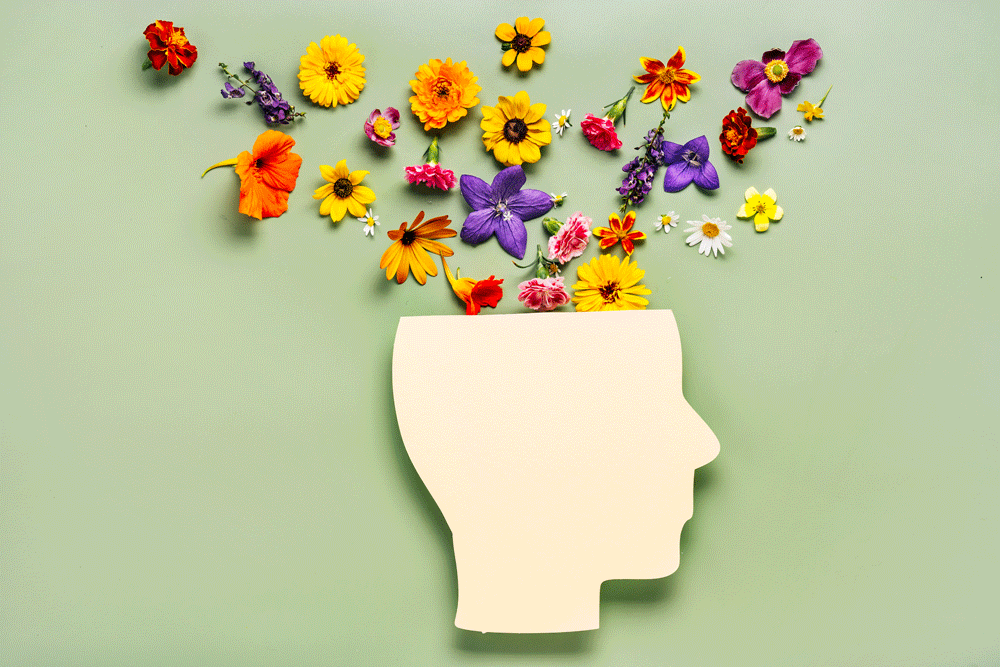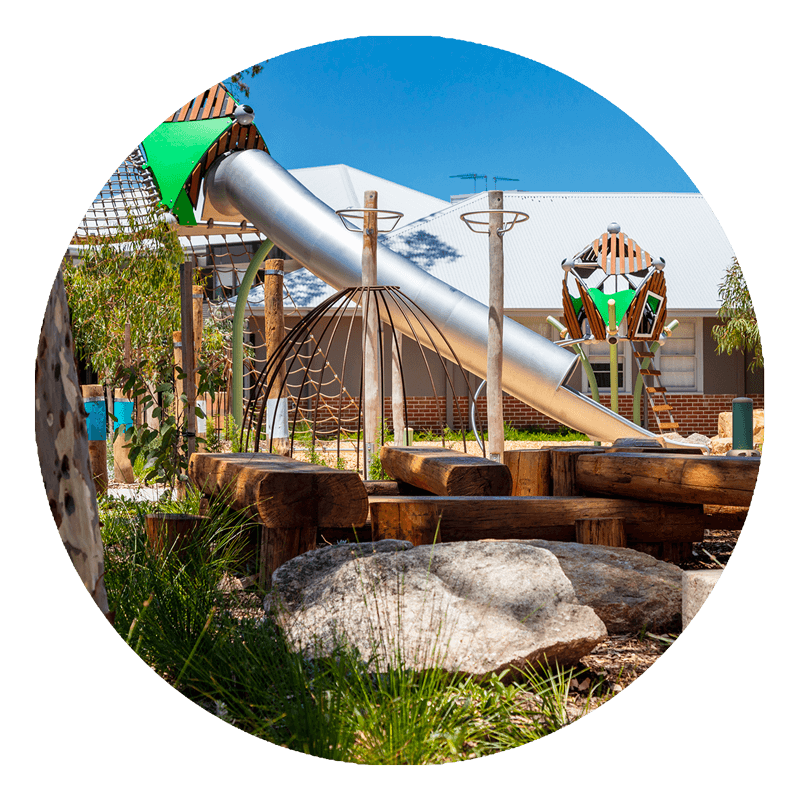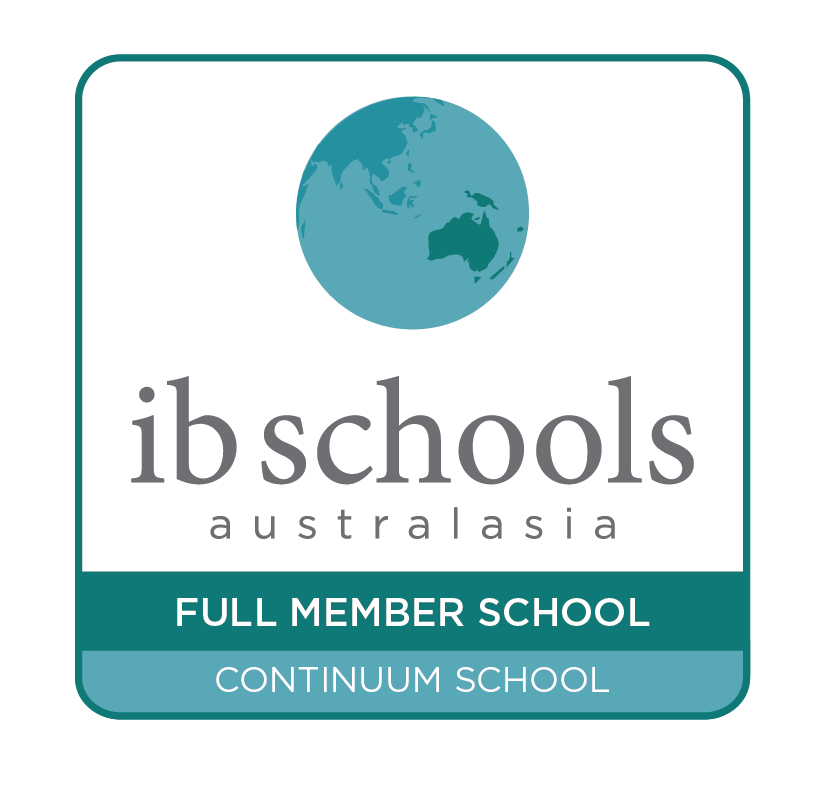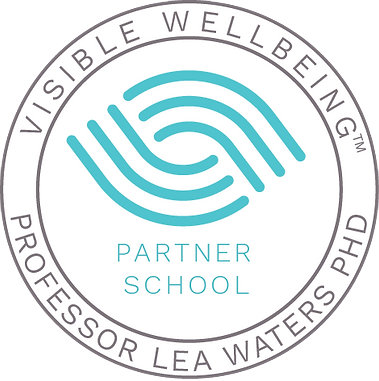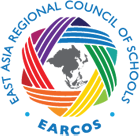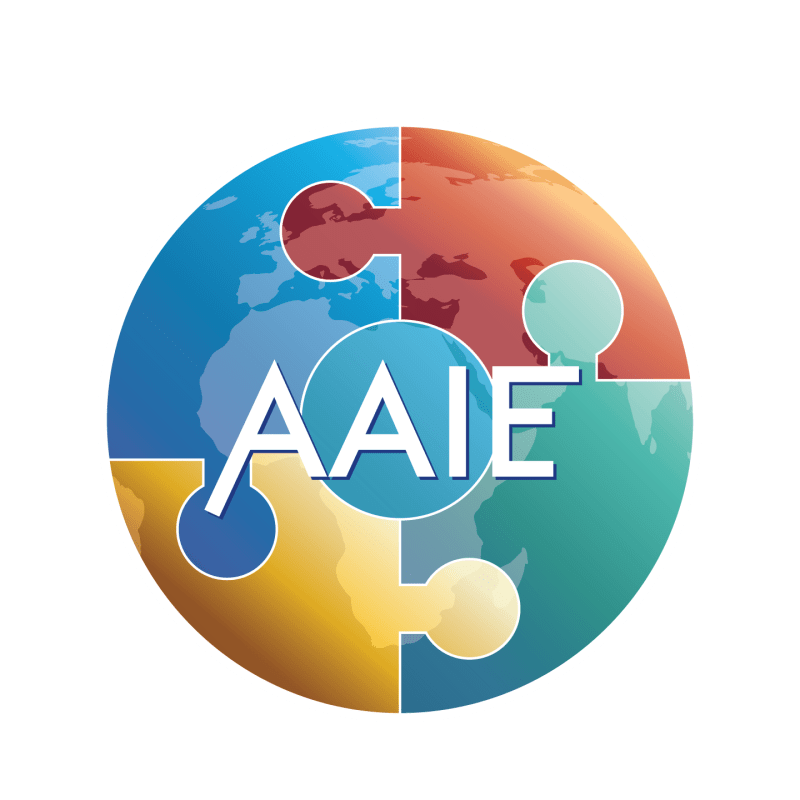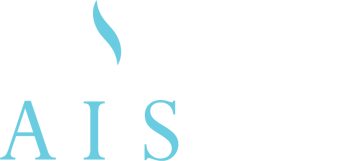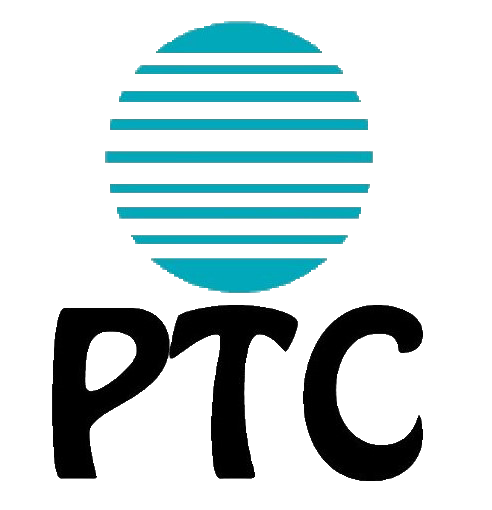How do we foster positive relationships? Knowing that healthy relationships are not found, but built, we’re aware that they require ongoing commitment. One core element of the Visible Wellbeing S.E.A.R.C.H framework is the ‘R’ representing relationships, and it is a focus at ISWA this term. Here, everyone is known and valued. In our ‘Purpose and Commitments’, we explicitly refer to ‘…everyone (being)safe, included, appreciated, and free to be themselves’. We are ‘enriched by the perspectives of others’.
‘When you talk, you are only repeating what you already know. But if you listen, you may learn something new’ (Dalai Lama)
There are innumerable ingredients in any ‘relationships recipe’, but without active listening, people flounder. The eminent psychologist Carl Rogers said that active (or deep) listening is at the heart of every healthy relationship. It’s also a powerful way to stimulate growth and change. Professional counsellors are taught, very early in their training, that listening is often all it takes to help someone and educators are also acutely aware of what they can glean simply by dedicating time to listening to their students. Intriguingly, many people assume they’re better listeners than research reveals. People think that they listen to understand, but they’re really only waiting for the speaker to stop so they can jump in with a response.
What, then, are the goals of being an active listener and how does it link to wellbeing? Living in an interdependent world provides us with many opportunities to cultivate relationships that are enriching and meaningful. Active listening requires being fully present in a conversation. It keeps us engaged in a positive way that encourages the speaker to feel valued and emotionally supported. It promotes empathy, which results in less judgment. Naturally when we listen actively, we acquire information that can lead to enhanced collaboration and effective problem-solving. It builds trust.
Given that the ability to communicate is an essential soft skill in the 21st century, active listening is an integral component of the formal curriculum but equally to building relationships without classroom walls. Billionaire entrepreneur Richard Branson is quoted as saying: ‘Communication is not just about speaking or reading, but understanding what is being said — and in some cases what is not being said. Communication is the most important skill any leader can possess’. Here are a few tips for refining active listening techniques:
- Be humble and prioritise the speaker.
- Take careful note of body language non-verbal cues and make eye contact (with cultural sensitivity)
- Listen for meaning and note feelings associated with words. Notice the speaker’s tone and inflection.
- Make it clear that you’re listening. For example, by nodding.
- Paraphrase and reflect back on what the speaker says. For example: ‘I can see that what happened at school today was really important to you’. Other responses include: ‘I wonder if… ?’, ‘Am I interpreting this correctly?’ and ‘ Is it accurate to say…? Saying things like: ‘You sound angry and upset’ demonstrates understanding by reflecting the emotions expressed.
- Ask open rather than closed questions. Examples of these are: ‘How did that…? What are you…? Where will you…? Who do you think… ? Which way do you…? What’s your understanding of…?
- Be appreciative of someone trusting you to listen, without judgement. For example: ‘I know this was probably difficult to share with someone else, so thanks for trusting me to listen’
- Listen to understand rather than respond
- Avoid offering advice unless explicitly asked
So, give it a try. Listen, don’t just hear. It will contribute to improving relationships and wellbeing.
‘We have two ears and one tongue so that we would listen more and talk less.’ Diogenes
Christine Rowlands, School Councilor

